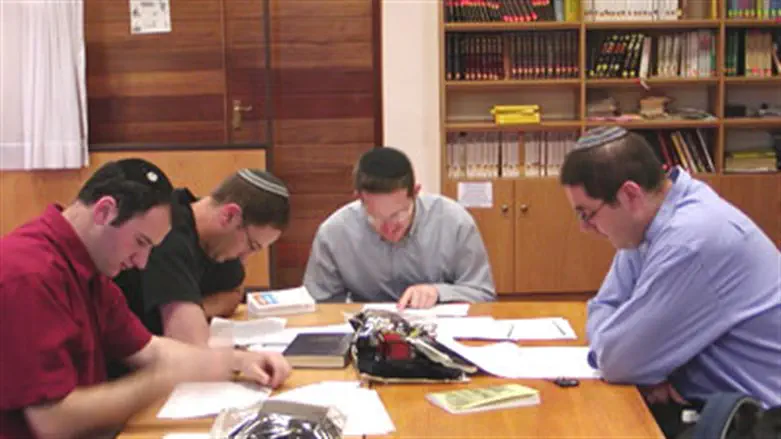
A lot of events take place in this parsha, Beshalach, like the Exodus and the splitting of the Red Sea. Of course these were all important events that happened to the people of Israel, but there are some interesting parts that happened in Egypt.
The Parsha starts with Shmot, chapter 13, pasuk 17: “When Pharaoh had let the people go.” According to this, it seems as though Pharaoh is aware he’s freeing the Israelites, and that’s why they started gathering the bones of Josef and head to the desert. In chapter 14, pasuk 4, God says to Moshe “I shall harden Pharoah’s heart, that he shall follow after them.” Here, God warns Moshe, Pharoah and his people will chase the Israelites so they will know “I am the Lord.”
However, in pasuk 5 it says “and it was told to the King of Egypt that the people fled: and the heart of Pharoah and of his servants was turned against the people, and they said, why have we done this, that we let Israel go?” Why is Pharoah told they escaped, didn’t he just let them go?
Additionally, if they’re out in the desert, how do they know their intentions are to be freed? Another question is that God tells Moses Pharoah’s heart will be heartened, but for some reason the hearts of the Egyptians are hardened as well! It seems from this pasuk that the Egyptians also felt upset for letting them go, but it was Pharoah’s decision, and they didn’t really have anything to do with it.
According to Rashi and others, Pharoah had agreed to let them go for three days to sacrifice in the desert and expected them to return. When three days passed, they realized they weren’t coming back. The Ramban adds that Pharaoh was also told that they weren’t walking like slaves in the desert, but they were singing and playing instruments as free people. Sforno says that they had told Pharoah they would walk in a straight line, and they did not.
Or Hachaim says that the People in the pasuk could have been the Erev Rav that went with them. Additionally, he says that because God is all powerful, Pharoah figured that if God was really facilitating their escape, they wouldn’t have to do it as an escape with trickery and stealing. He took that as a sign that God was not with them, and that the Israelites were truly running.
For the second question, Mefarshim such as Rashi and Kli Yakar state an important point. The Israelites have left with things that belonged to the Egyptians. Therefore, when the Egyptians hear they shouldn’t have been sent off, they too are filled with regret. Rashi adds that during the plagues, the Egyptians wanted the Israelites to leave, while Pharoah was hardened alone and refused. Now, when God needs the Egyptians to chase after them, he has their desires flip as well, so they no longer want the Israelites to leave but to stay as slaves and want to chase them in the desert.
Torah MiTzion stands in the forefront of the battle for the future of the Jewish people in the Diaspora, offering religious-Zionist Torah scholarship to Jewish communities throughout the world and strengthening the bond between the Jewish people in the Diaspora and in Israel via the study of Torah.
This week's dvar Torah is by Mollye Oze Halickman former Bat Sherut in Torah MiTzion (2019-20) and currently studying at Hebrew University.

